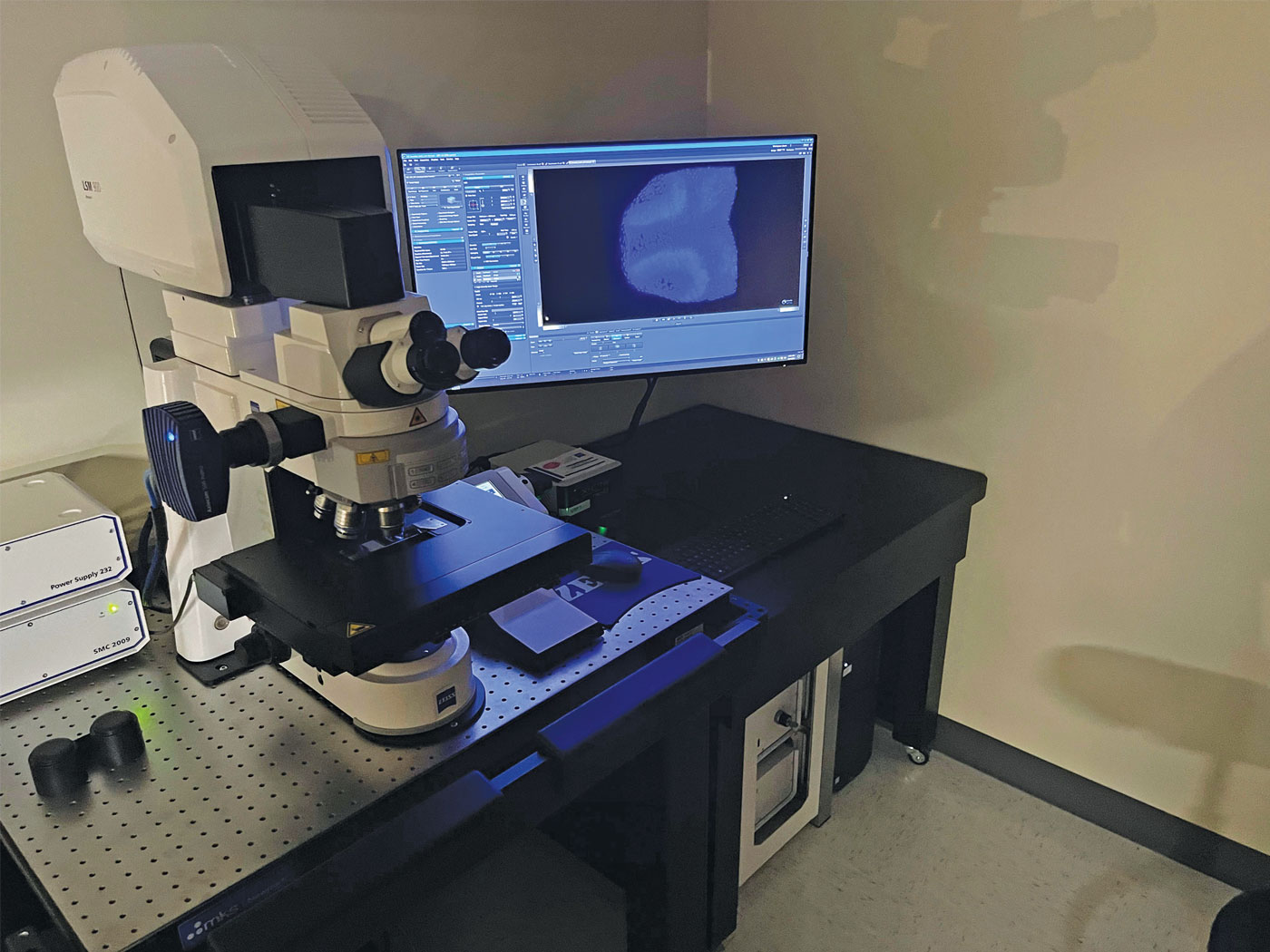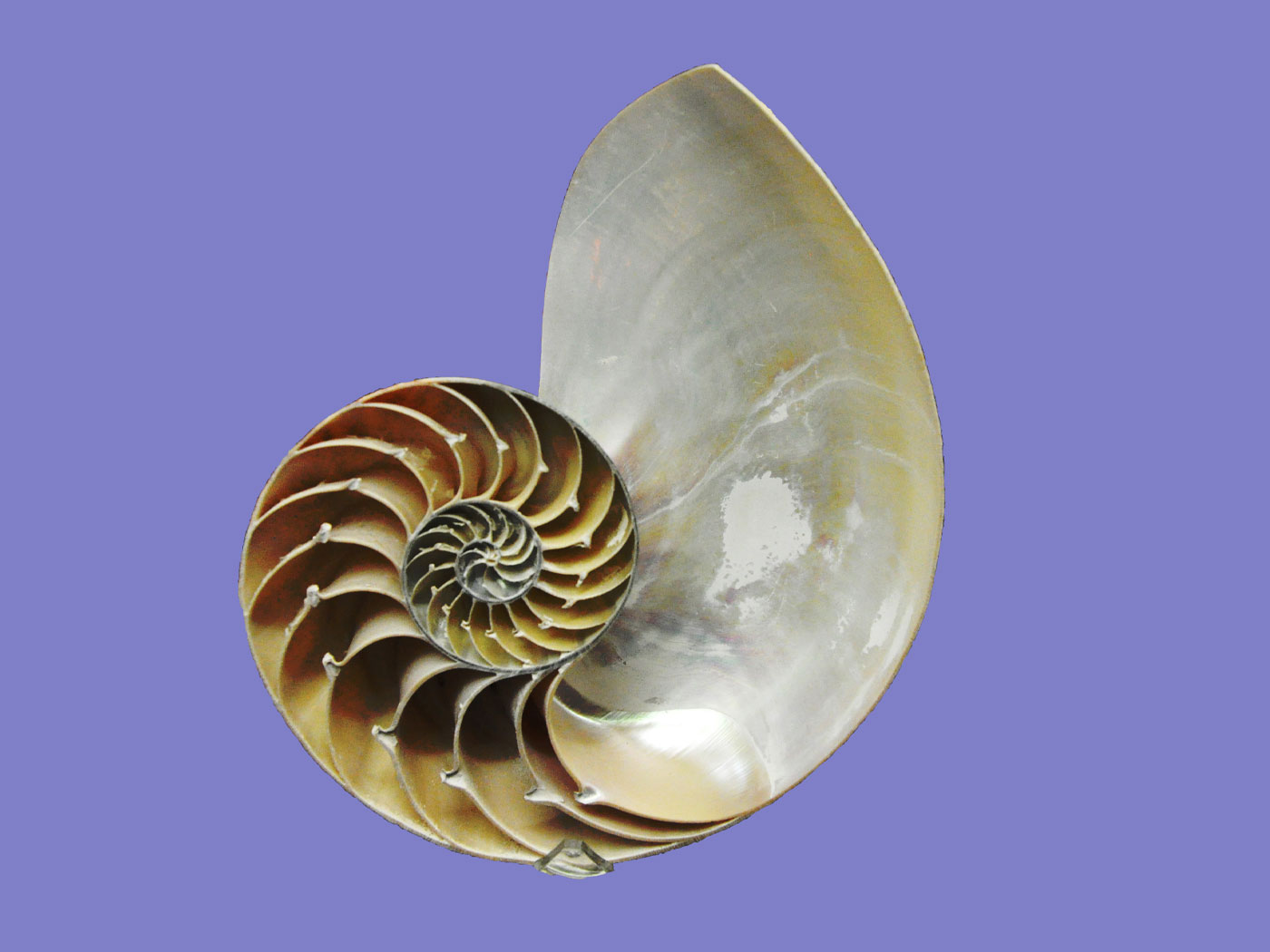 Our readers probably experience the same problem I do. Each day’s mail—both at the office and at home—contains a fair number of earnest appeals for donations. No doubt many of these are worthy of support, but I find the sheer volume tiresome, and I admit I often don’t read them.
Our readers probably experience the same problem I do. Each day’s mail—both at the office and at home—contains a fair number of earnest appeals for donations. No doubt many of these are worthy of support, but I find the sheer volume tiresome, and I admit I often don’t read them.
The same is true for telephone solicitations. Even with my number registered with the national “do not call” list, telemarketers always seem to call at dinnertime. I now routinely screen my calls and even turn the ringer off on occasion, particularly during political campaigns! I suspect most of you can relate.
In the past I tried to evaluate all such appeals carefully, and I have given to many of them. But my small gifts always seemed to quickly multiply into further appeals—not only from the organizations I gave to but also from many others I had never heard of. This is known as “scavenging,” the practice of purchasing mailing lists from other groups in order to send frequent appeals to more people. The idea is that the larger the scavenging area, the more you take in. I suspect there is some wisdom in this approach, but it might turn off many who may be truly concerned about the needs in question.
Whatever the cause, these appeal letters are often written by professional fundraising organizations that receive a substantial percentage of the scavenging results as part of their compensation. Their appeals typically contain touching stories and emotional pleas peppered with highlighted text, frequent underlining, and plenty of exclamation points (!!!). This approach must work for many organizations, and perhaps when the mission is for a worthy cause the end does justify the means. But we have never felt ICR should operate this way.
ICR obviously needs significant financial support to function, and most of this must come from concerned believers on our mailing list. However, we’ve always focused more on “sowing” in the lives of believers than on “scavenging” for potential donors. Our approach has certain distinctions that we believe are soundly biblical.
As we faithfully seek to honor God and His Word, we are confident He will supply our needs. ![]()
ICR does not buy, borrow, or rent mailing lists from other organizations, nor do we allow others to buy, borrow, or rent ours—even though this would be highly profitable. Everyone on our subscription list, as far as we know, has personally requested to be on it and is directly interested in ICR’s ministry. And judging from the wonderful testimonies we receive after each issue of Acts & Facts and Days of Praise, many people have been helped or blessed by these free publications.
ICR never uses telephone solicitors. And we usually send only one or two appeal letters each year (rather than the average of six or more!), and even then we only contact those whom we have not heard from in a while. Most notably, our policy is not to go into debt. Consequently, we never have to make urgent “shipwreck” appeals.
Lastly, ICR sends gifts—usually a recent book or DVD—to our special partners and to every donor at Christmas that we hope will bless their personal ministry. We include a short letter expressing our gratefulness for our supporters. Its final paragraph contains a sentence or two about our financial needs and asks our supporters to consider ICR in their giving plans as the Lord leads.
And that’s it.
In spite of this low-key approach, God has blessed these policies and ICR’s ministry for nearly five decades. We see no need to scavenge anyone’s mailing list for support and would much rather sow in the hearts and minds of fellow believers to encourage their faith in Christ. As long as we faithfully seek to honor God and His Word, we are confident He will supply our needs through His people to accomplish the work He wants us to do.
* Mr. Morris is Director of Donor Relations at the Institute for Creation Research.
















